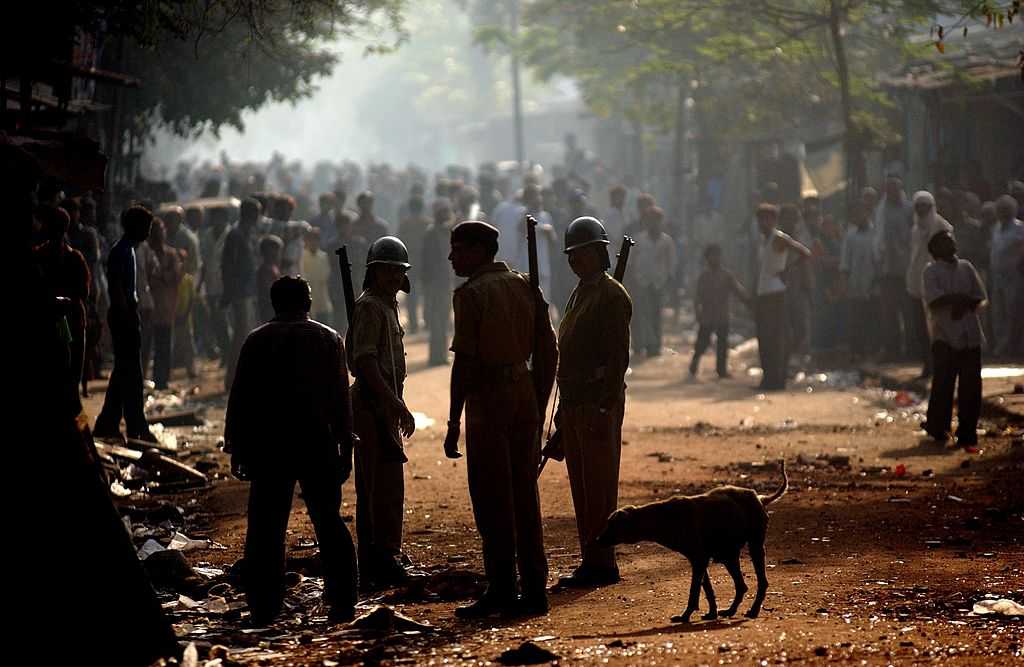
A new study from the Peace Research Institute Oslo (PRIO) represents one of the first large-scale investigations into how online discourse can both increase and reduce real-world violence.
Researchers analyzed over 22 million posts from Koo, an Indian social media network popular among India’s Hindu nationalists. Drawing on a unique combination of online activity and reporting of communal attacks, the data shows that not only did hateful posts precede violence on Muslims and Christian, but the absence of internet access effectively halted this cycle.
The study took advantage of government-imposed internet shutdowns to test whether the connection was causal. When the internet was cut off, the statistical connection between speech and violence disappeared. This suggests that what happens online can directly influence conflict on the ground.
“While our study focuses on India, similar discussions happen in the West: how can public safety and freedom of expression be balanced? We inform these debates by showing that expressions of religious faith are enough to both amplify or dampen violence. This means the problem extends beyond hate speech, and censorship cannot be the answer,” said Sebastian Schutte, lead author and Senior Researcher at PRIO.
“Our findings underscore that digital platforms do not merely reflect tensions – they can actively amplify or reduce them. Online speech must be part of any serious approach to conflict prevention.” At the same time, censorship is not going to be the solution: “Much of the debate is focused on fact-checking, misinformation, but religious references on social media fall outside of these concepts and cannot really be censored. The debate must be broader,” added Schutte.
The study, published in PNAS Nexus, also highlights the influence of countervailing narratives: while hate-driven content fuels conflict, posts promoting intergroup harmony correspond to a measurable decrease in violence. This suggests that fostering inclusive, pro-social discourse online could be a powerful tool in reducing communal unrest.
The study was conducted from 2022 to 2024 by researchers Sebastian Schutte (PRIO), Daniel Karell (Yale University) and Ryan Barrett (Yale University).
About PRIO The Peace Research Institute Oslo (PRIO) is a world-leading institute for the study of peace and conflict. Through cutting-edge research, PRIO examines the drivers of violence and the conditions that enable peaceful relations between states, groups and individuals.
For more information or to arrange an interview
- Contact Michelle Delaney, Communication Director at the Peace Research Institute Oslo (PRIO) | michelle@prio.org | mobile 0047 941 65 579.
- Click here to download the journal article, Online speech and communal conflict: Evidence from India.





